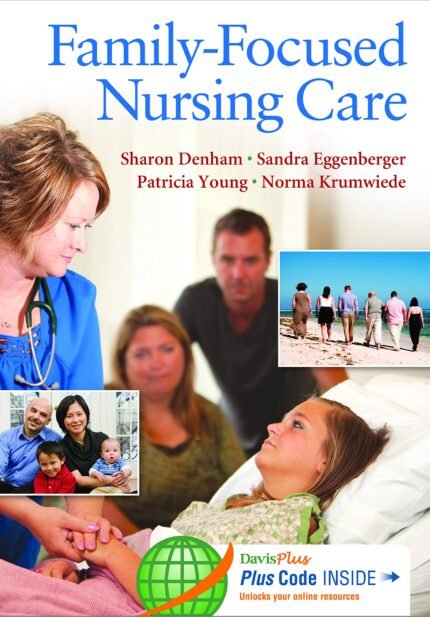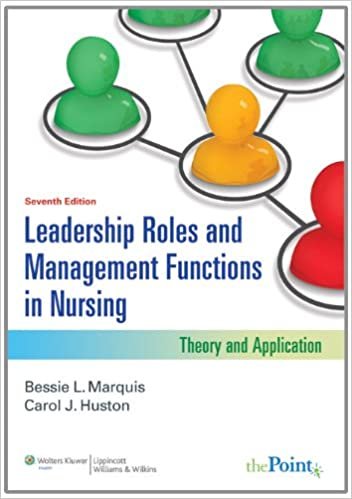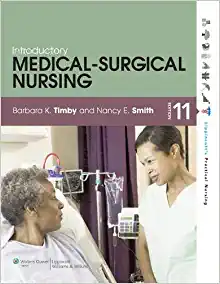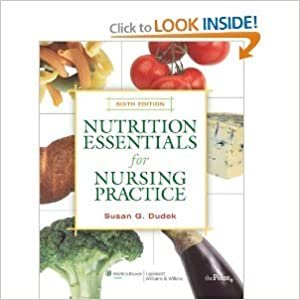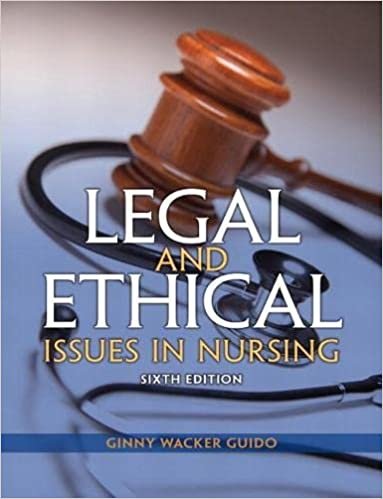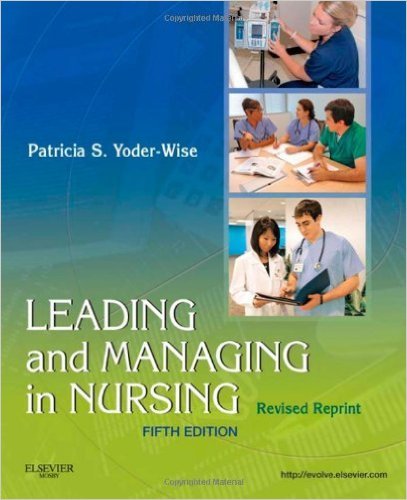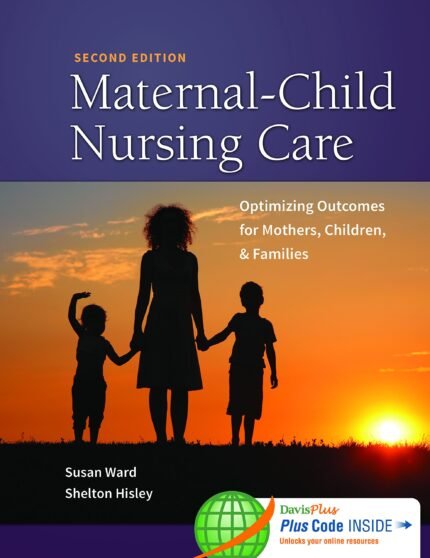Test Bank For Davis’s Drug Guide For Nurses 15th Edition
ISBN-13: 978-0-8036-5705-2, ISBN-13: 9780803657052
MULTIPLE CHOICE
- The nurse is providing care for a patient scheduled to take Precose (acarbose) 25 mg three times daily with meals. The patient reports feeling sweaty, weak, and tremulous. Which of the following actions by the nurse is best?
- Reassure the patient that these are common side effects with the medication.
- Call the pharmacy to report an adverse drug reaction.
- Check the patient’s blood glucose level.
- Determine if the patient has a history of anemia.
ANS: C
See Nursing Implications for acarbose: Observe the patient for signs and symptoms of hypoglycemia. Acarbose alone does not cause hypoglycemia; however, other concurrently administered hypoglycemic agents may produce hypoglycemia, requiring treatment. Ignoring these symptoms would be dangerous, but it is not considered an adverse drug reaction requiring an official report. The patient is experiencing symptoms of hypoglycemia not anemia.
KEY: Cognitive Level: Analysis
DIF: Medium
TOP: Therapeutic Classification: Antidiabetics
- While responding to a rapid response called on the cardiac step-down unit, the nurse from intensive care observes the unit nurse massaging a patient’s neck and instructing the patient to bear down. Which of the following medications will most likely be used if the patient’s pulse does not return to normal?
- Adenocard (adenosine)
- Adrenaline (epinephrine)
- Tenormin(atenolol)
- Saphris (asenapine)
ANS: A
See adenosine Indications: Adenosine is used for the conversion of paroxysmal supraventricular tachycardia (PVST) to normal sinus rhythm when vagal maneuvers are unsuccessful.Epinephrine is a bronchodilator used in the management of reversible airway disease.Atenolol is a betablocker used in the management of hypertension.Asenapine is an antipsychotic mood stabilizer used in the acute treatment of schizophrenia or manic/mixed episodes associated with bipolar I disorder.
KEY: Cognitive Level: Application
DIF: Medium
TOP: Therapeutic Classification: Antiarrhythmics
- The nurse is instructing the parent of a 6-year-old patient recently started on a ProAir HFA (albuterol) inhaler for exercise-induced asthma. The nurse recognizes that further teaching is necessary by which of the following client statements?
- “He may feel like his heart is racing after he takes his inhaler.”
- “He can use the inhaler as many times during football practice as he needs it.”
- “He should avoid cola and other caffeinated drinks since they may increase his heart rate.”
- “He should take two puffs about 15 minutes before gym class.”
ANS: B
See Contraindications/Precautions, Interactions, and Dosage for albuterol.Excess inhaler use may lead to tolerance and paradoxical bronchospasm.Use with caffeine-containing herbs (cola nut, guarana, tea, coffee) increases stimulant effect.Two inhalations every 4–6 hr or two inhalations 15 min prior to exercise). Tachycardia is an expected side effect with this medication.
KEY: Cognitive Level: Analysis
DIF: Easy
TOP: Therapeutic Classification: Bronchodilators
- While providing care for an adolescent patient newly prescribed Elavil (amitriptyline), the nurse shouldbe most concerned by which of the following patient statements?
- “My mouth seems really dry and I’m thirsty all the time.”
- “I take a nap most afternoons now because I feel sleepy sometimes.”
- “I’m not sure why we should even bother anymore; everything seems so pointless.”
- “I drink a cup of coffee most days with breakfast.”
ANS: C
See Contraindications/Precautions for amitriptyline: the use of this medication may increase the risk of suicide attempt/ideation especially during dose early treatment or dose adjustment; risk may be greater in children or adolescents.Sedation is an expected side effect.Dry mouth is an expected side effect.There is no directive to avoid caffeine with this medication.
KEY: Cognitive Level: Analysis
DIF: Medium
TOP: Therapeutic Classification: Antidepressants
- The nurse is caring for a patient with otitis media who reports an allergy to penicillin. Orders are received for ampicillin 500 mg every 8 hr. Which of the following actions by the nurse is best?
- Provide the medication as ordered.
- Call the pharmacist to request a substitution.
- Ask the patient if he or she has taken ampicillin in the past.
- Hold the medication.
ANS: D
See contraindications/precautions for ampicillin: Contraindicated in hypersensitivity to penicillin. This medication should be held due to the stated allergy to penicillin.



